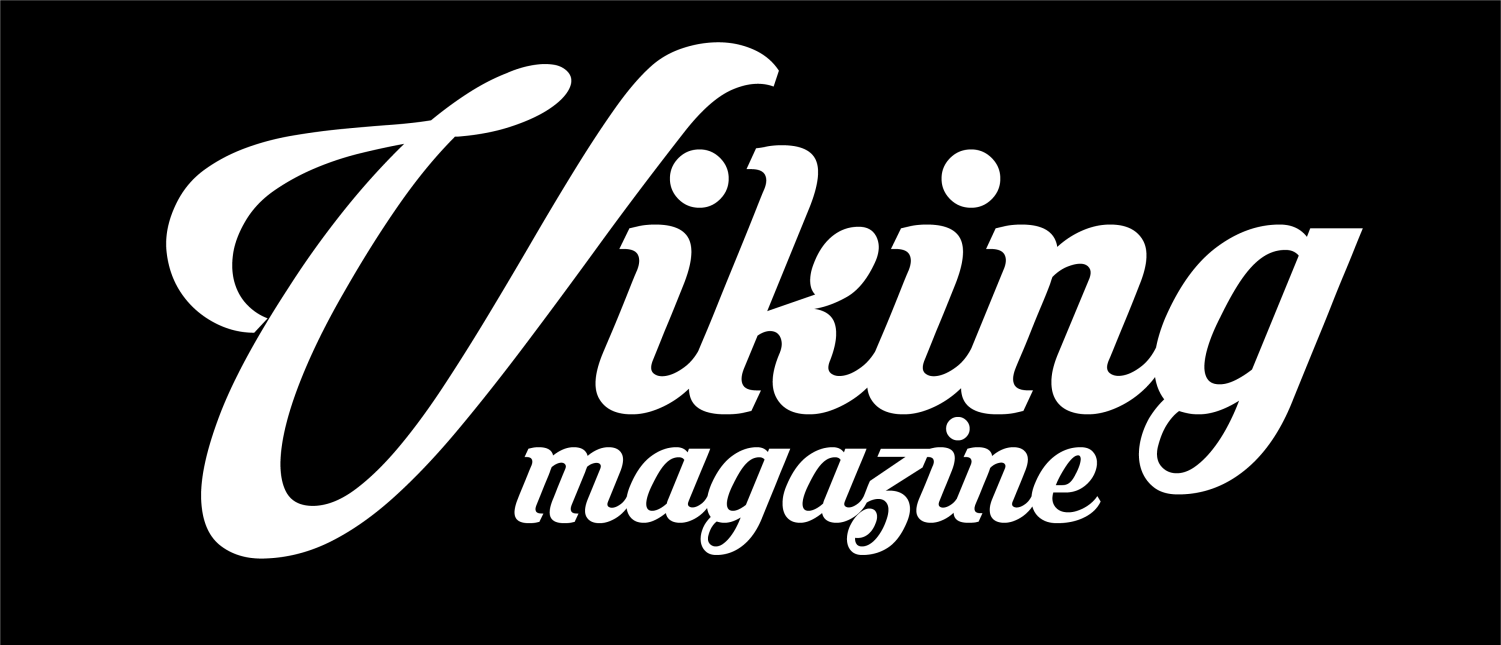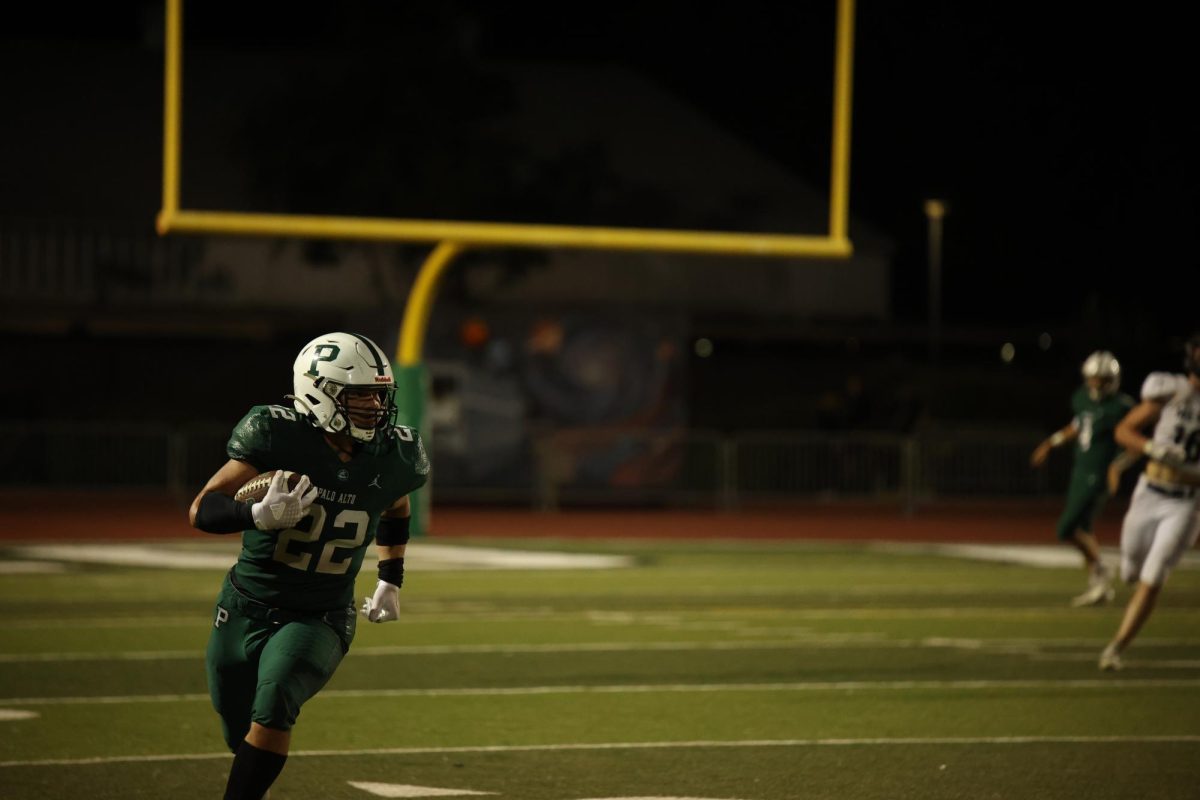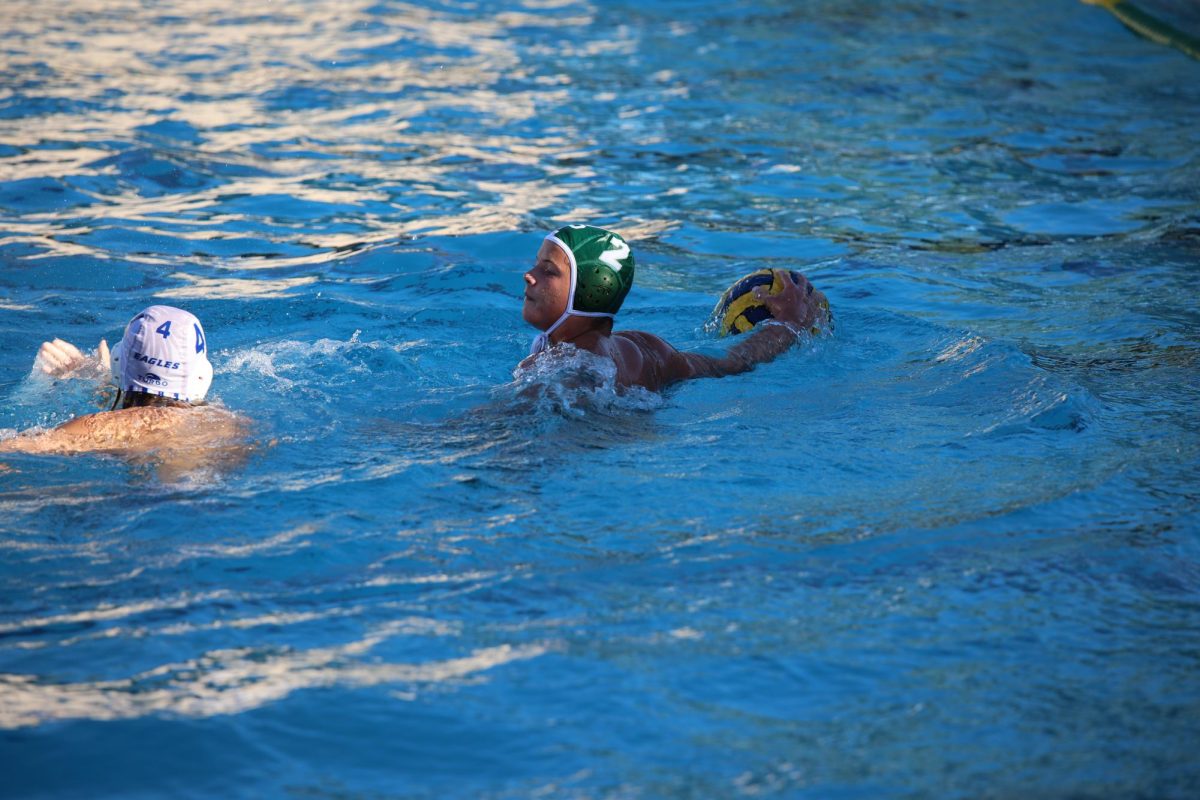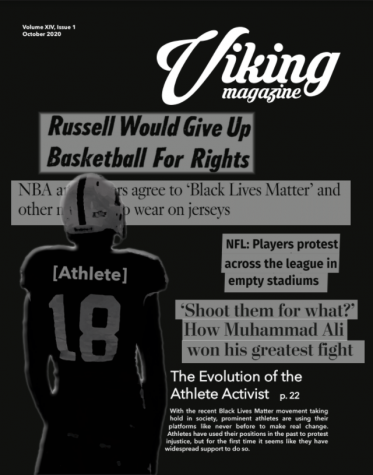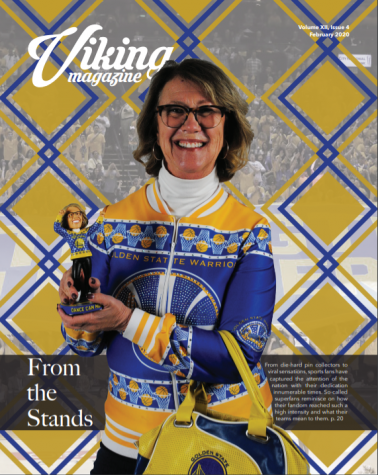You Watch Sports?
PERSPECTIVES OF A FEMALE SPORTS FAN
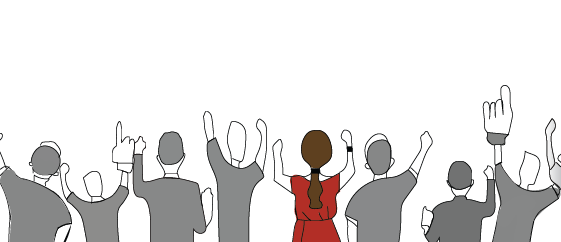
May 18, 2020
Sitting across from me, my classmate casually asked, “what was the score of last night’s Warriors game?”
Shouting the question out loud, directed at nobody and everybody, he didn’t receive a response for several seconds. I spoke up, offering the answer.
The reaction I’d gotten after responding was somewhere in between surprise and skepticism, but as a quiet fifth grader who had just peeked at the score on my TV the night before, I shrugged and didn’t think much of the situation.
In the six years since, I’ve grown from a casual, playoffs-only basketball viewer to someone who has spent hours pouring over sports news and player stats. What hasn’t changed in those six years is the reaction and tone of surprise directed towards me each time I decide to contribute to any sports-related conversation. Countless times, I’ve heard the question, “Whoa, you watch sports?” from girls, boys, kids, and adults.
Welcome to the boys’ club
Though the “boys’ club” term, referring to a male-dominated career or industry, is often applied to the business and tech industries, it also exists in sports. There is a large gender disparity between men and women across all sports careers and sports-related entertainment.
In sports journalism, female reporters are few and far between. According to a report by Ohio University’s Athletic Administration, women account for less than 10% of sports editors for Associated Press Sports Editors publications, and less than 1% of top sports talk show hosts are female.
However, the disparity in careers is not a result of the lack of interest women show in sports. The same Ohio University report found that women make up 40% to 47% of the NBA, NFL and MLB fan base. Women make up between 30% to 40% of undergraduate sports management programs, yet hold a minuscule number of positions in the sports industry.
Beyond the lack of representation, female reporters are often brutally sexualized by male fans. They go viral not for their reporting skills, but for their outfits and bodies. Their knowledge and work are dismissed and overlooked by people paying more attention to their appearance instead.
Beyond the lack of representation, female reporters are often brutally sexualized by male fans.
It’s our responsibility to honor the work of female reporters as professionals rather than objects. Working to create an environment where women are embraced, not ogled at, begins with sports fans themselves.
Scrutiny at school
Beyond sports careers, being a female sports fan even as a young girl or teenager comes with its own scrutiny and stereotypes. Though sports can sometimes serve as a good conversation starter, that conversation is almost always preceded by a tone of surprise and something along the lines of, “I didn’t know you liked sports.” Girls are expected to follow the lives of the Kardashians, not the NBA or NFL.
The “boys’ club” extends beyond sports careers and into fanbases. The club has perpetuated a feeling that girls are not supposed to be interested in sports. When they do show interest, people are quick to question their genuine curiosity. They say that girls only follow sports to impress and get the attention of boys. They quiz girls on random facts and trivia, as if it takes extensive knowledge of twenty-year-old statistics to be interested in a ball game.
The [boys’] club has perpetuated a feeling that girls are not supposed to be interested in sports.
As someone who has never played basketball, I acknowledge the unexpectedness that comes with someone interested in a sport they don’t play. However, boys who have never played basketball don’t surprise their peers when they know NBA players and scores of games.
I don’t watch sports because I want to try and impress people. I watch sports because they are one of the best forms of entertainment, because of the way they bring people together and because of the supportive community they should create.
